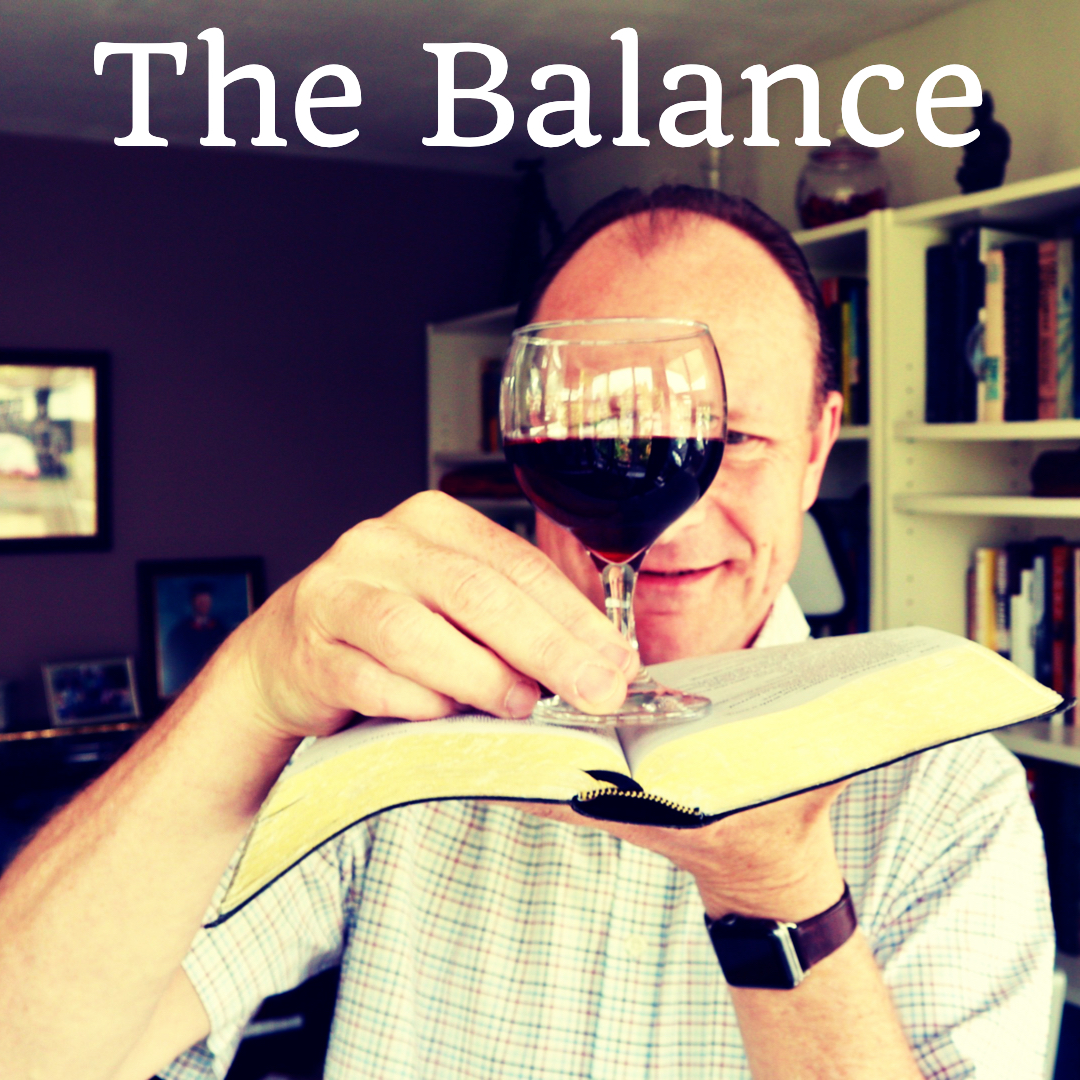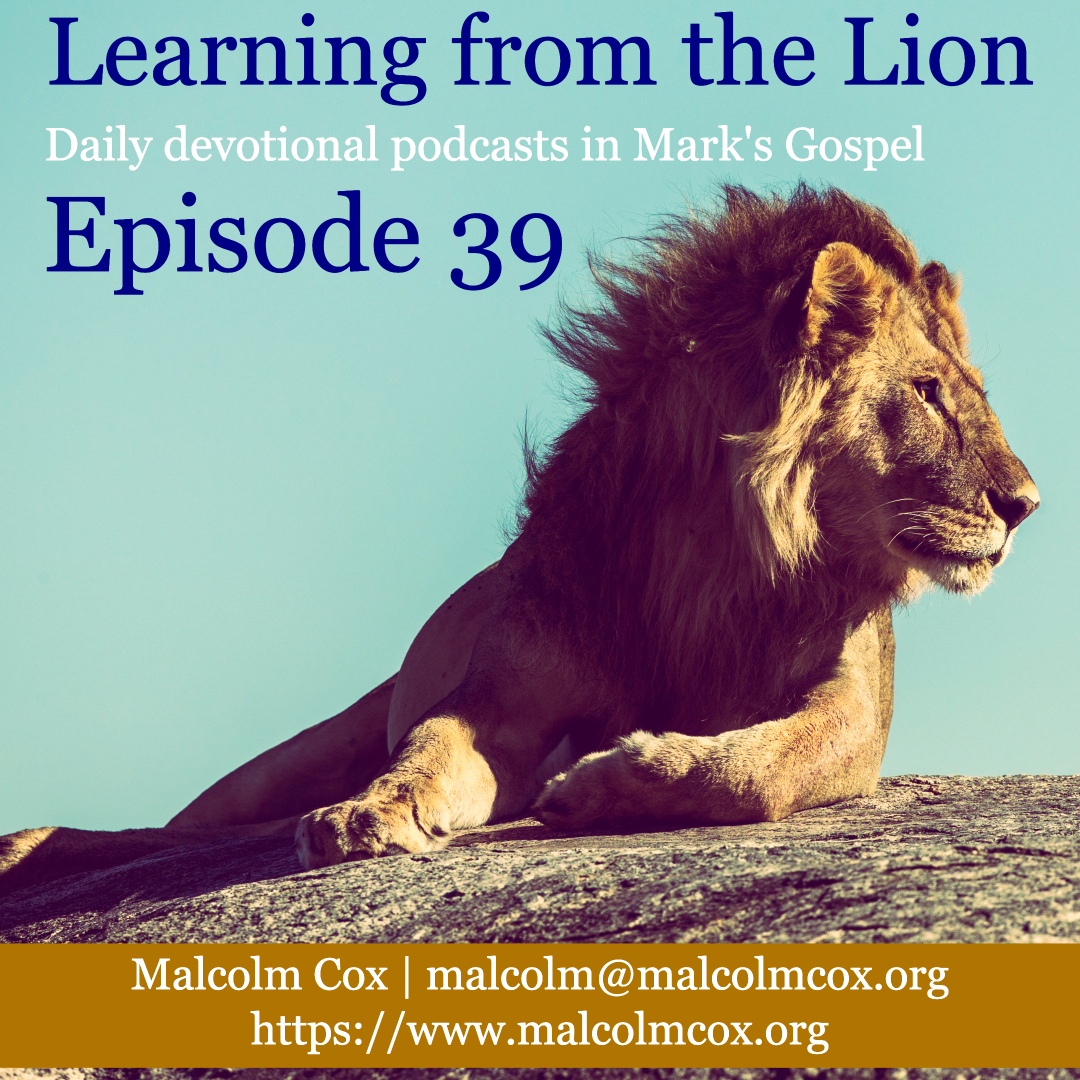Teaching Tips, Episode 201
Do you ever feel you’re not sure if you’ve got the balance right between the communion and the sermon? I have some ideas to help you think it through.
My contention is that a healthy worship event combines both sharing in the Word and sharing in the Lord’s Supper.
In the history of Christendom, reflected also in present-day denominations, there tends to be a greater emphasis on either the Word or the Lord’s Supper. I grew up in a tradition (Anglican) which emphasised the Eucharist over the preaching. The former took the larger share of the service time. In the tradition I now inhabit (church of Christ) our emphasis has been more the sermon than the communion.
We have no instructions from Scripture about the balance. Neither the book of Acts nor the Epistles give us any timings for lengths of sermons or communion talks!
With these thoughts in mind, let’s explore some of Erickson’s points and see what relevance they may have for us locally.
- Those who share in the Lord’s supper participate in the totality of Christ. As he says, “…the sacrament is a grand recapitulation of God’s redemptive activity.” As the Christian year progresses it illuminates different aspects of who Jesus is (Christology). These different emphases at Easter, Christmas and the like throw a different light on the taking of communion. Here are a couple of questions for you, “Do the topics of communion talks reflect the time of year and Christian season we are in? Or, are they pretty much the same all year round?” One reason communion talks are, frankly, at times, boring is not because we are repeating the same action every week, but because we are not reflecting the content of the Christian year or the text used for preaching. The preaching and teaching of the Word can be in harmony with, and enhance the taking of communion and vice versa.
- Those who partake of the Holy Communion share in the totality of the church. Erickson says, “The Eucharist is a foretaste of the world that is to come. It is the messianic banquet, the eschatological feast.” When we take communion together with our local fellowship, we are in a very real yet mystical sense joining together with all those of faith gone before us, and those yet to come. A couple more questions, “Do our communion talks reflect the communal nature of the Supper? Is there an overemphasis on individual reflection and experience? Are we missing the grand banquet vision?” Much as the Word is both personal and communal in it’s sharing as a congregation, so is the communion. Since the value in both are enhanced by sharing in them, why not keep them in balance?
- Those who together celebrate the Eucharist intercede as a royal priesthood for the whole world. In taking communion together we are celebrating the Lordship of Christ (Colossians 1:26; Ephesians 3:10-19). Another question, “Are we overemphasising the local elements of participation in the Lord supper by members, and missing the grand vision of the world benefiting from the life that is in the risen Christ?” “In what way are we proclaiming ‘the Lord’s death until he comes’ 1 Cor 11.26?” In participating in the Lord’s Supper we are reminding ourselves and proclaiming to the world that there is a risen Lord. In doing so, we are reminded that it is this living Lord we are bringing to the world once we leave our time of communing together. Again, both the Word and the Lord’s Supper help us to proclaim Christ.
Erickson wonders whether competition exists between the powerful remembrance of Christ in the Lord’s Supper and the powerful proclamation of Christ in the preaching of the Word. His conclusion is, “..they are but two sides of the same coin: the proclamation of the one Word who is Jesus Christ.” I concur.
The value of holding these two elements of worship together lies in recognising that the preaching of the Word prevents the Lord’s Supper becoming something experiential without limitations. And the taking of the Lord’s Supper helps prevent the preaching of the Word become a merely intellectual exercise. In this way the communion is “a more graphic and vivid representation of the Word. It closes the communication gap created by the inadequacy of the verbal medium to express the inexpressible mystery.”
It seems likely that most congregations will, on most occasions, tend to emphasise Word over communion or vice versa. The question for today, is where is your congregation? And, is there a need for adjustment? How have you arrived at your balance? Is it serving the purpose of the Word and of the Lord’s Supper? Is it serving your congregation and the world?
What are you doing where you are? I would be very interested in your opinions as to what I have written, and the rationale behind your local practice.
Please add your comments on this week’s topic. We learn best when we learn in community.
Please pass the link on, subscribe, leave a review.
God bless, Malcolm



